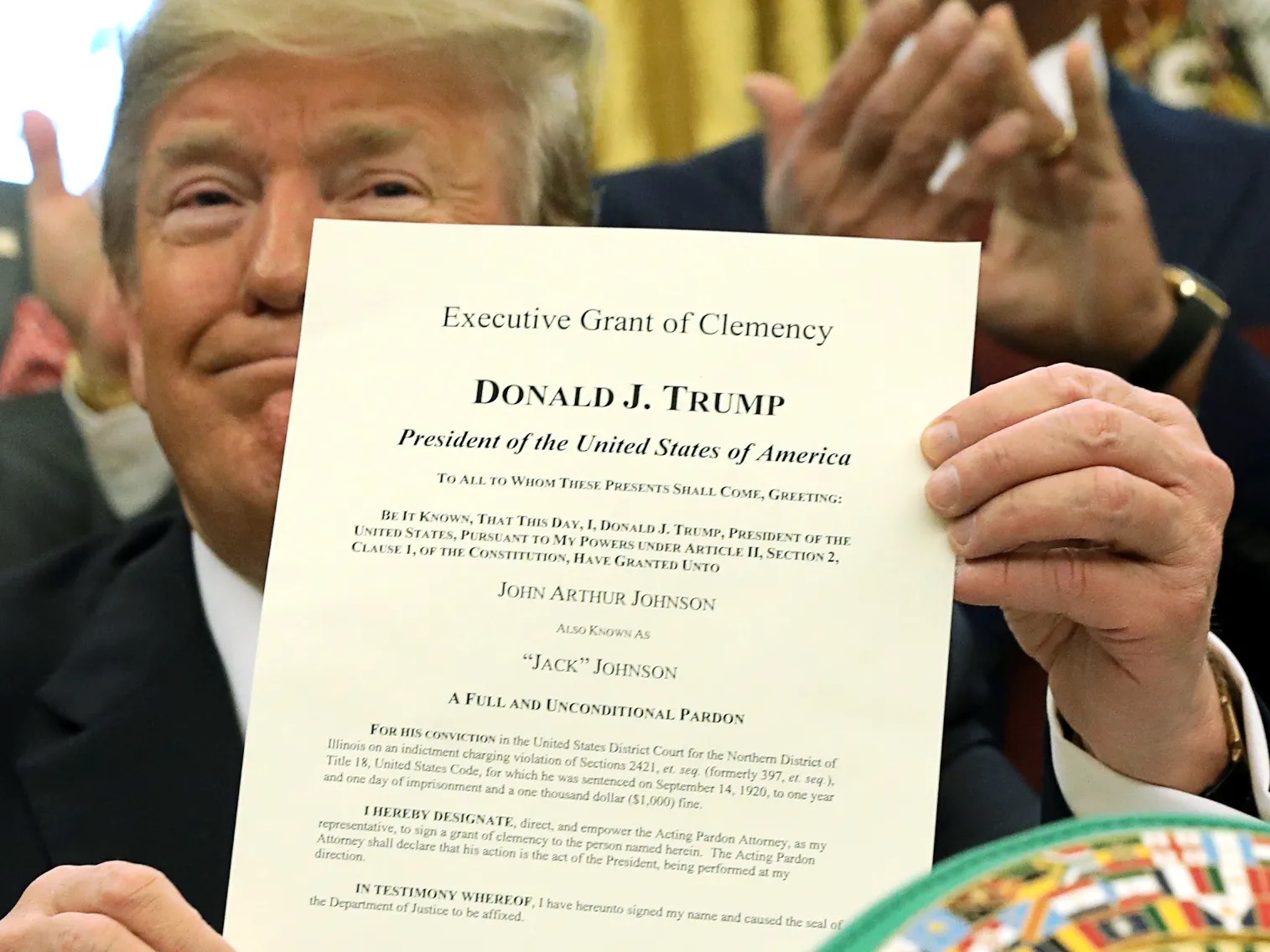The presidential pardon is a constitutional power granted to the President of the United States under Article II, Section 2 of the U.S. Constitution. It allows the President to grant reprieves and pardons for federal offenses, except in cases of impeachment. While originally intended to offer clemency as a form of mercy or to correct miscarriages of justice, the use of pardons has evolved—and at times, been weaponized for political purposes.
Historically, presidents have used the pardon power to heal national divisions, such as President Gerald Ford’s controversial pardon of Richard Nixon, or to correct injustices in the federal justice system. However, recent administrations—particularly Donald Trump’s—have drawn criticism for politicizing this executive tool.
Analysis
During Trump’s first term (2017–2021), his use of the pardon power was notable not just for its frequency, but for the profile and connections of those he pardoned. Unlike previous presidents who often relied on recommendations from the Department of Justice’s Office of the Pardon Attorney, Trump frequently bypassed that process.
Trump issued high-profile pardons to individuals such as:
- Joe Arpaio, former Arizona sheriff convicted of criminal contempt for racial profiling, seen as a nod to his anti-immigrant base.
- Roger Stone and Paul Manafort, Trump allies who were convicted during the Mueller investigation.
- Michael Flynn, former national security adviser who pleaded guilty to lying to the FBI.
- Charles Kushner, father of Trump’s son-in-law Jared Kushner, convicted of tax evasion and witness tampering.
These pardons were criticized for rewarding loyalty and shielding allies from accountability, raising alarms about abuse of power. Many legal scholars and former federal prosecutors warned that such actions undermined public trust in the impartiality of justice.
As Trump has begun his second term (2024–2025), there are mounting concerns about how he will wield the pardon power again. With open investigations into his political allies and continued rhetoric about the “deep state” and a “weaponized” justice system, there is widespread speculation that he will continue using pardons as political tools. Early signs include suggested clemency for convicted January 6 rioters and possible preemptive pardons for individuals under current federal scrutiny.
The broader concern is that Trump’s approach to pardons undermines the original purpose of clemency as a tool for compassion and justice, instead using it to reward loyalty, protect political allies, and punish perceived enemies. Trump’s use of presidential pardons is a gross distortion of a constitutional power meant to offer mercy, not reward political allegiance. His first-term pardons showed blatant favoritism, a disregard for the justice system, and a willingness to undermine legal accountability. As his second term unfolds, his pardon strategy appears not only self-serving but actively dangerous—eroding democratic institutions, emboldening corruption, and sending a clear message that loyalty to power is more valuable than the rule of law. The presidential pardon should be a solemn act of justice. Under Trump, it has become a transactional weapon, used to shield loyalists, inflame political divisions, and bypass accountability. This is not justice—it is authoritarianism disguised in constitutional legitimacy.
Engagement Resources
- Brennan Center for Justice
Conducts research and advocacy on abuse of executive power, including the reform of presidential pardon practices.
https://www.brennancenter.org - Citizens for Responsibility and Ethics in Washington (CREW)
Tracks and reports on corruption and ethics violations in government, including politically motivated pardons.
https://www.citizensforethics.org - Pardon Power at DOJ
Official portal providing background on the federal clemency process and historical records of presidential pardons.
https://www.justice.gov/pardon

